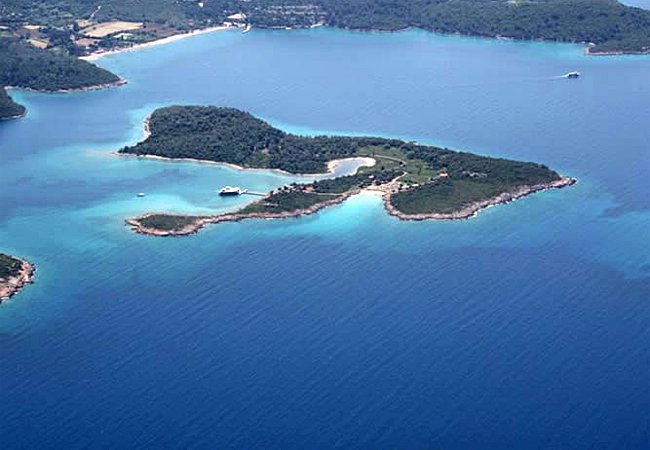The city wall found was named “Herodotus Wall”. As well as those in Turkey, came to see the wall in Foca in Herodotus archaeologists from various countries. Excavations carried out despite many possibilities revealed that the oldest theater of Anatolia (4th century BC) is also in Foça. It is possible to witness various periods of Phokaia all over today’s Foça, in the streets, buildings and fields, and furthermore in the sea. For example; You can see sections belonging to the Archaic, Roman, Genoese and Ottoman periods together on the wall above the temple of Cybele (580 BC) in the Port Sacred Area.
You can come across stones taken from the city wall anywhere in a stone building built in the Ottoman period. Or you can see that the stone used as a countertop by a villager who sells arugula and parsley is a Roman-era marble block. The information obtained in archaeological excavations so far, Phokaia, BC. It was founded by the Aiolians in the 11th century, that the Ionians settled in the city in the 9th century BC, and the city surrounding the city in this period, 5 km. They built a long wall, BC. It shows that in 546, the Persian Commander Harpagos invaded the city. Conquered by the Romans, then the Genoese and the Ottomans in 1455, Foça is also the main city of many settlements on the Mediterranean, Black Sea and Aegean coasts.
For example; Phokaians, a naval nation, BC. They founded Marseille in the 6th century. Today, it is possible to come across the name Phokaia in many places in Marseille, starting from the port. Samsun, Lapseki, Alalia in Corsica, Velia in Italy etc. Phokaians are the founders of the cities. When we look at our recent history, we see that those who migrated from Foça were very attached to this name and the city. The Greeks, who had to leave Foça after the War of Independence, established two settlements, one in Thessaloniki (Nea Phokea-Yeni Foça) and the other in the south of Athens (Palea Phokea-Old Foça). Phocaeans friendly relations with those in Greece, Turkey; It continues as before the War of Independence. Friendship visits between the people of Foça on both sides of Arşipel are frequently repeated today. Foça has a very rich culture in terms of folk legend. The most common of these myths is the Karataş Story… It is rumored that whoever comes to Foça and lands on Karataş unknowingly; now he becomes an incurable Foça enthusiast; He always dreams of Foça and always wants to come.
















